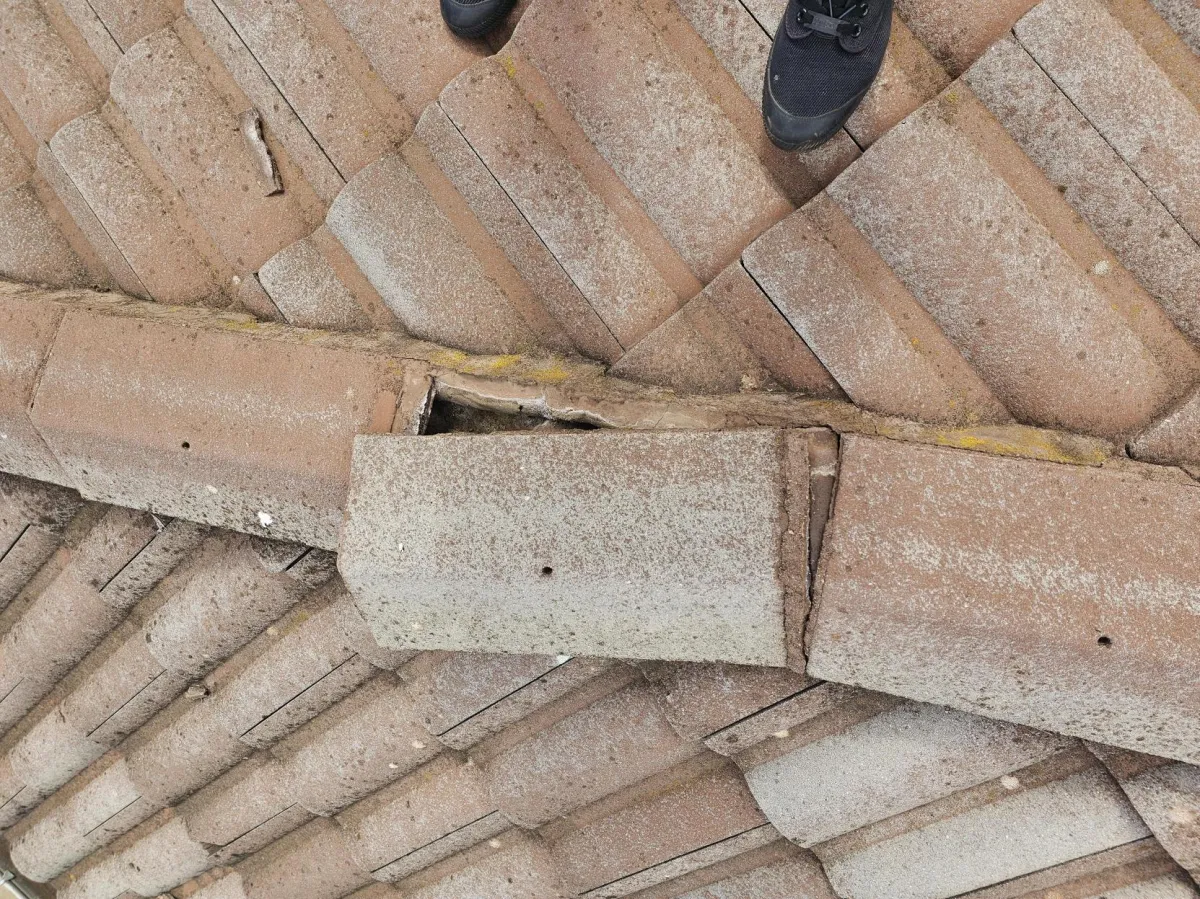
Ridge Capping in Melbourne: Why Roof Maintenance Every 10–15 Years Could Save You Thousands
When was the last time you actually looked at your roof?
For most Melbourne homeowners, the answer is usually “I can’t remember.” But here’s the truth — your roof isn’t something you can just set and forget. Just like your car needs servicing, your roof needs professional maintenance every 10–15 years to stay watertight and structurally sound.
And here’s what many homeowners don’t realise: insurance often won’t cover damage caused by a poorly maintained roof. If leaks, mould, or timber rot occur due to neglect, that responsibility falls on you — not your insurer.
If your roof is showing signs of age, don’t wait until a small issue becomes a costly disaster. Now is the time to act.
What Roof Maintenance in Melbourne Actually Involves
Roof maintenance is more than just cleaning tiles. A qualified roofing specialist inspects every key part of your roof’s structure — from ridge caps to valleys — to ensure it’s in top condition. Here’s what’s usually included in a professional roof maintenance service:
1. Rebedding & Repointing Ridge Capping
Over time, the mortar that holds your ridge caps in place breaks down due to weather exposure and natural roof movement. This can lead to loose ridge caps, cracks, and water entry points.
Rebedding means removing the old mortar and laying a fresh, solid base.
Repointing uses a flexible compound such as FlexiPoint to securely seal the ridge caps.
If ignored, ridge caps can shift and create leaks — one of the most common roofing issues in older Melbourne homes.
2. Replacing Broken or Cracked Tiles
Broken tiles are often hidden beneath dirt, moss, or past patch-up work. Replacing these tiles is essential to prevent water penetration and protect the roof structure underneath. Even a few cracked tiles can cause significant damage over time.
3. Recoating Worn Roof Membranes
Most concrete tile roofs are coated with a waterproof membrane during restoration. Over 10–15 years, UV rays, rain, and Melbourne’s unpredictable climate wear this coating down.
When the coating fades:
Tiles become porous, letting moisture seep through.
You may notice mould, ceiling stains, or timber damage.
Recoating your roof with a high-quality membrane not only refreshes its appearance but also creates a durable, weatherproof barrier that extends your roof’s lifespan.
4. Checking Rusted Valleys & Installing Weep Holes
Roof valleys are designed to channel water off your roof. However, in older Melbourne homes, these valleys can rust underneath the bedding and paint, often going unnoticed until leaks appear.
Rusted valleys should be replaced immediately to prevent internal water damage.
Weep holes are installed in ridge bedding to allow trapped water to escape — a crucial step often missed by DIY or low-cost repairs.
5. Valley or Storm Seal Installation (Bringing Roofs Up to Code)
Many older roofs don’t meet current Australian roofing standards. Installing valley or storm seals helps bring them up to code, ensuring correct water flow and maximum protection during Melbourne’s heavy rainfalls.
6. Gutter Cleaning & Drainage Maintenance
Blocked gutters and downpipes cause water overflow that can damage fascias, walls, and even your home’s foundations. Regular gutter cleaning is a simple yet essential step to maintain your home’s structural integrity.
Why Ignoring Roof Maintenance Is a Costly Mistake
Skipping regular maintenance can lead to:
Small cracks turning into major leaks
Insurance claims being denied due to neglect
Timber rot in battens, ceilings, and roof framing
High restoration or full replacement costs later on
Routine roof maintenance helps you avoid all this — protecting both your home and your wallet.
Expert Roof Maintenance Services in Melbourne
Your roof is your home’s first line of defence against Melbourne’s wild weather. By maintaining it every 10–15 years, you’ll prevent costly issues, extend your roof’s lifespan, and keep your home safe and dry all year round.
If you’ve noticed:
Cracked ridges
Flaking paint or faded coating
Rusted valleys
Or simply can’t remember your last roof inspection —
it’s time to get it checked.
✅ Book a Free Roof Health Check with True Value Roofing
At True Value Roofing, our experienced Melbourne roofers provide honest inspections and clear recommendations — no pushy sales, just professional advice.
👉 Book your free roof health check today and get a detailed roof assessment plus a personalised maintenance plan for your home.
